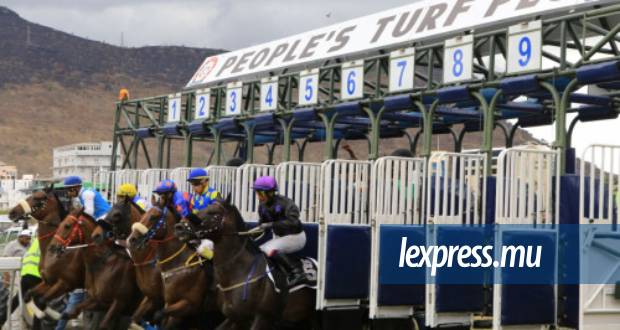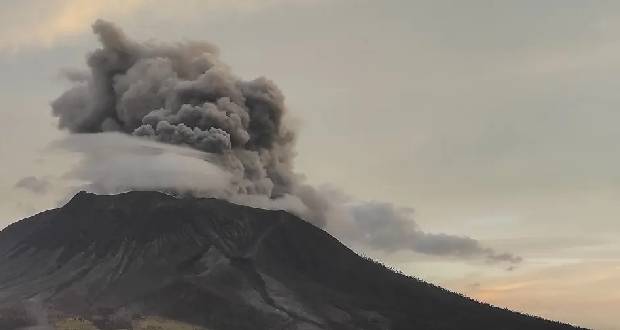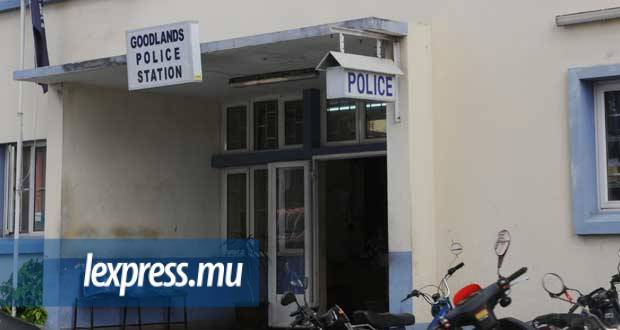Publicité
Media Commission Bill: similarities between Mauritius and South Africa
Par
Partager cet article
Media Commission Bill: similarities between Mauritius and South Africa

Mbeki that aspired to the creation of an African Renaissance. An African Renaissance borne out of the traumatic decades of a brutal and harsh apartheid regime and which saw Africa produce one of the greatest, most charismatic and at the same time humblest of leaders – Nelson Mandela.
Even more inspiring, South Africa soon earned its place in the powerful BRICS (Brazil, Russia, India, China and South Africa) league of nations.
Unfortunately, the poster child of Africa is exhibiting a number of democratic reversals and that namely at the level of information/media freedom.
The recent passing of the ‘Protection of State Information Bill’ in the South African Parliament is the latest example. Some time back, the proposal to introduce statutory regulation in the form of a ‘Media Appeals Tribunal’ caused a real uproar among the South African media fraternity. Subsequently, the proposal was put on hold. Coming back, to the ‘Protection of State Information Bill’, which may become law by the end of this year, it bans the publication of classified documents even if the information could be in the public interest and allows the government to class almost any category of information as secret. Moreover, anyone involved in whistle blowing or any journalist or editor involved in publishing such information could face 25 years in prison.
For a number of observers and activists, the ‘Protection of State Information Bill’ is a direct infringement of one of the most precious rights that is the hallmark of any democratic society – the right of expression.
Writing some two weeks back in “The Observer”, the Nobel prize winning author, Nadine Gordimer had this to say: “Freedom of expression – that’s the title to our rights this bill strikes out as a danger to the state in that we have the right to know and think: the right of human condition.”
In fact, this top down imposition on the control/restriction of information in an era of post Arab spring and growing crowd protest around the Occupy Wall Street (OWS) movement is not only troubling but foolish.
The reason why I refer to the South African information/ media landscape is that it echoes similar intentions in Mauritius – incidentally another poster child of Africa. In fact, if the South African ‘Protection of State Information Bill’ becomes law, it might provide an excellent excuse in expediting the ‘Media Commission Bill’. For a number of years now, there has been a growing intolerance from the present government towards a given section of the press. The Prime Minister often threatens that very same press with the setting up of a media commission, which we understand, will have the express mandate to regulate and control the written media. What is worth noting and no doubt demonstrates a subtle democratic reversal in the discourse of the present government, is that the much promised Freedom of Information Act (FOIA) that appeared in the 2005 Labour Party Coalition Manifesto (see Section 2.2 (8)) has totally disappeared in the 2010 one.
In fact, some time this year, the Prime Minister made a statement in parliament saying that the FOIA is not a priority for his government. The question that should be posed is: how can such an important decision be taken in such a unilateral manner without any consultative exchange with the Opposition and other stakeholders? Such volte-face approaches smack more of authoritarianism than of that of the spirit of democracy.
The media in Mauritius has been traditionally highly polarized – at one end, we have witnessed a written press relatively independent and free from any form of battery of control or regulation whilst at the other end, a broadcast media that was more at the service of the state than the public. However, with the advent of private radio, matters changed and we started to hear a vox populi that is audible and contesting.
However, there is something even more profound happening within the Mauritian media that, unfortunately ,we rarely care to pay sufficient attention to – the entry of a new breed of newspapers that are highly reverential towards the government. By merely looking at the share of government advertising for the different newspapers, one gets a fair idea who is in favour and who is not! In fact, the rise of a conciliatory written press towards the current regime has had an adverse effect on the culture of dissent, protest and criticism. Those who dare to criticize (which happens to be a fundamental feature of freedom of expression) are either ostracized or bad-mouthed.
The role of regulatory bodies/ institutions that are supposed to dispatch their duties in the most independent and impartial manner is also a matter of concern. The presence of institutions in a given country has and continues to be an important marker in assessing the state of governance in a given country. The fact that Mauritius boasts a host of institutions gives it an excellent rating (many a times the topper of the league tables). However, what is even more important in contemporary democratic governance assessment is if these institutions are functioning in an efficient manner and discharging their duties without fear or favour.
In the case of media related matters, one would have observed that in recent times, the scepter of authority has been brandished by certain institutions by either warning private radio owners that their license can be withdrawn or by inflicting heavy fines against media owners and the journalists working for them. The Khamajeet case is still fresh in our minds and many of us still raise an eyebrow to the fact that till today, the investigating institution has not deemed it important to interrogate him on the contents of the recording. Equally questionable are the numerous complaints that the Opposition has levied against the MBC and sent to the IBA. In fact, at the heart of independent and efficient institutions is the type of people who are chosen to head these institutions as well as those who make up their boards. We are all acutely aware that many of the parastatal bodies/institutions are stuffed with political nominees and other yes men. The Prime Minister at any given opportunity bellows that it is his government that has pushed for the Equal Opportunity Act and if he is really serious and committed to the creation of a merit culture in our island, nominations to head (or be board members of) key public or parastatal bodies should be done through an open and transparent public call for candidature.
This is an excellent way of capturing the best and most apt brains and give meaning to the slogan – putting the right person in the right job.
As 2011 comes to an end, the burgeoning of a new democratic spring, the growing anger of the OWS crowd, the unwillingness of citizens to accept leadership arrangements made behind their backs (Russia) – all of which mark this year – point to the fact that those in leadership positions must pay serious attention to the voice of the street. Let us hope that in Mauritius, our leaders are able to learn from such experiences and stop the comfort talk that all is fine in paradise and let us make 2012 the year of consultative dialogue and exchange be it at the constitutional, electoral or media level. Maybe a suggestion, make public the media commission bill - of which much has been mentioned but of which very few people know or have seen the contents.
Publicité
Les plus récents






